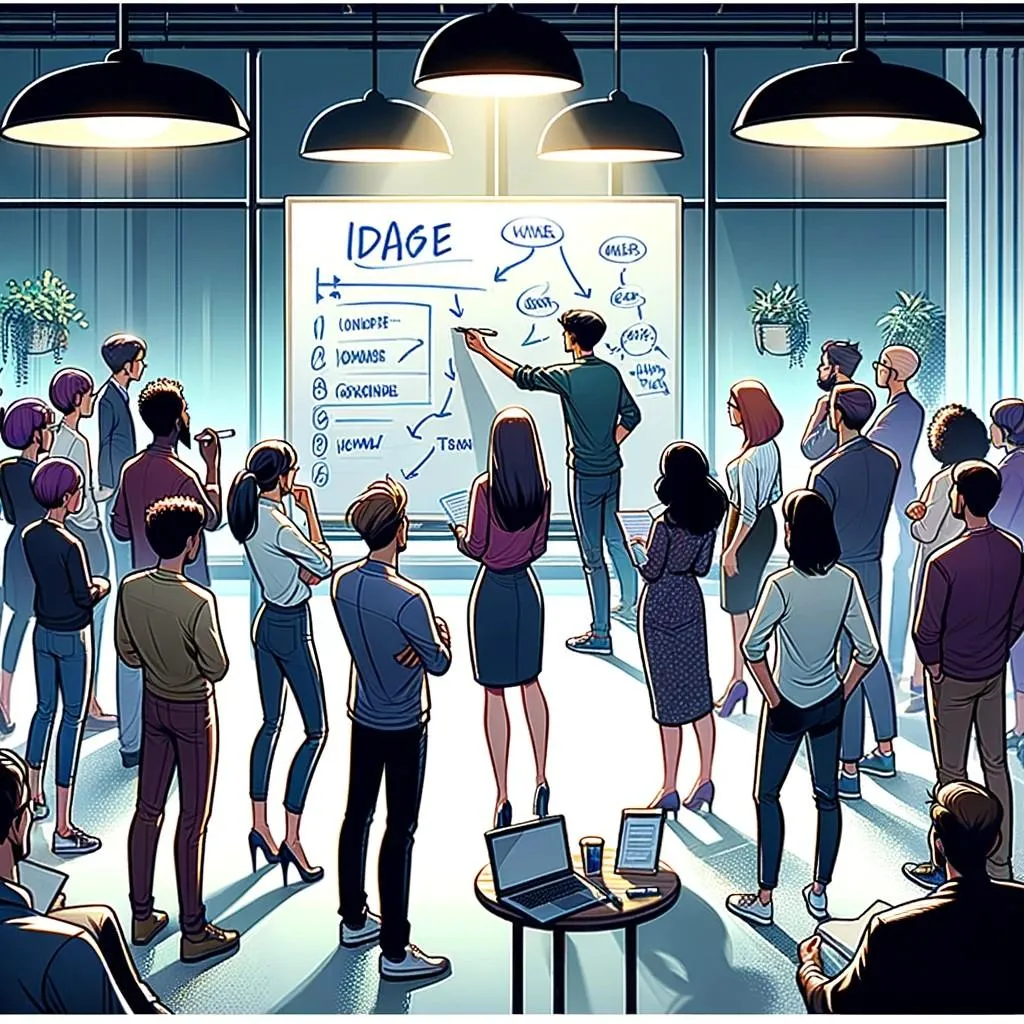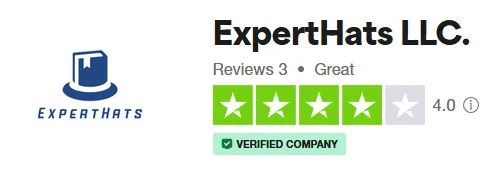BLACK CYBER SALE THROUGH DECEMBER 6th! - 35% OFF! Use the code BLKCYB35 at checkout. See Catalog

Helping you become a successful IT expert faster!

From Novice to Expert: How Certifications and Degrees Shape Your IT Journey
“Certifications are your ticket to specific skills and a quick entry into the IT world—they tell employers you can hit the ground running.”
Introduction
The Information Technology (IT) sector is a dynamic and ever-evolving field where the value of education and credentials cannot be overstated. As technology permeates every aspect of modern business, IT professionals are expected to possess a diverse set of skills validated by educational achievements. Whether it’s a formal university degree or specific IT certifications, the qualifications an individual holds often dictate their career trajectory. This blog explores the comparative value of certifications and degrees within the IT industry, providing insight for those at the crossroads of making crucial career decisions.
Understanding Certifications
What are Certifications? Certifications in the IT industry are credentials that validate specific technical skills and competencies. They are often issued by software firms, IT professional associations, or companies specializing in technical training. Unlike degrees, certifications are typically focused on a particular technology, product, or precise skill set, making them highly specialized.
Types of Popular IT Certifications Some of the most sought-after IT certifications include CompTIA A+ for basic IT skills, Cisco's CCNA for networking, AWS Certified Solutions Architect for cloud services, and Microsoft Certified: Azure Fundamentals for those looking to prove their cloud expertise. Each certification serves a different purpose and caters to varying levels of experience and professional requirements.
Pros of Certifications The advantages of pursuing IT certifications include:
Skill Specificity: They provide targeted knowledge and skills needed to perform specific jobs.
Cost-Effectiveness: Generally less expensive than obtaining a degree.
Time Efficiency: Can often be completed in a matter of weeks or months.
Flexibility: Many certifications can be pursued online and completed at a self-directed pace.
Immediate Relevance: Certifications are designed to meet the immediate needs of the technology market, making them highly relevant and applicable.
Understanding Degrees
What is a Degree in the IT Field? A degree in information technology or computer science provides foundational and advanced knowledge across various areas within the IT sector. Degrees can range from associate programs, which typically take two years, to bachelor’s and master’s programs, which can take four and two years respectively.
Types of Degrees
Associate Degree: Focuses on foundational IT skills and prepares students for entry-level positions.
Bachelor’s Degree: Offers a comprehensive education in IT, covering both theory and practical applications.
Master’s Degree: Advanced degree focusing on specialized knowledge or management skills in IT.
Pros of Degrees Degrees offer several advantages:
Comprehensive Knowledge: Covers a wide range of topics within IT, providing a well-rounded education.
Networking Opportunities: University programs offer valuable networking opportunities with professors, peers, and through internships.
Broader Career Options: A degree can open doors to more diverse roles and is often required for higher-level positions in many companies.
Comparative Analysis: Entry-Level Positions
In the IT industry, the requirements for entry-level positions can vary significantly based on the company and the specific role. However, certifications can often provide a quick pathway into the industry for those who may not have the time or resources for a full degree. For example, obtaining a CompTIA A+ certification demonstrates to employers that a candidate has the basic technical skills necessary for IT support roles, often making it sufficient for entry-level positions. On the other hand, a bachelor's degree in IT might not provide as immediate or as practical a skill set but offers a broader educational background that some employers value highly, especially in more competitive markets.
Comparative Analysis: Career Advancement
As IT professionals aim to advance in their careers, both certifications and degrees play critical roles but in different ways. Certifications are excellent for professionals looking to pivot into new areas or specialize in specific technologies quickly. They are often essential for technical roles that require up-to-date knowledge of the latest tools and technologies, such as cybersecurity analysts or cloud service specialists. Conversely, degrees provide a broader educational experience that can be crucial for moving into management or leadership positions. For instance, many IT managers and executives possess at least a bachelor’s degree, and often a master’s, which provides them with a broader understanding of business and IT management practices beyond mere technical skills.
Salary and Job Opportunities
The impact of certifications versus degrees on salary and job opportunities can be significant. Generally, degree holders might start their careers with higher entry-level salaries compared to those with only certifications. However, the gap can quickly close as certification holders gain specialized skills and certifications that are in high demand. According to a report by Global Knowledge, IT professionals with six or more certifications reported earning higher salaries than their peers with fewer or no certifications. On the job front, while a degree might open up a wider array of job opportunities, certifications allow for greater flexibility and specialization, which can be especially advantageous in quickly evolving fields like IT security and cloud computing.
Industry Trends and Future Projections
The IT industry is characterized by rapid technological advancements and shifting market demands, which influence the relative value of certifications and degrees. As emerging technologies like artificial intelligence, machine learning, and blockchain gain traction, there is a growing demand for certifications that demonstrate up-to-date skills and knowledge in these specific areas. For instance, certifications in AI and data science are becoming increasingly sought after as businesses seek to leverage big data and predictive analytics.
Looking ahead, the trend is likely to favor continuous learning and re-skilling, where professionals will need to acquire new certifications periodically to stay relevant. However, foundational degrees in IT and computer science will continue to hold significant value, particularly as the complexity of IT systems integrates more deeply with business operations, requiring a deeper understanding of both technical and management aspects.
Expert Opinions
To provide a broader perspective, it's beneficial to incorporate insights from IT professionals and hiring managers. Many experts agree that while certifications can significantly boost a person's employability in specific technical roles, a degree tends to provide a competitive edge in long-term career development and versatility. According to a survey of IT hiring managers, candidates with degrees are often seen as having a greater potential for leadership roles due to their extensive educational background and critical thinking skills nurtured during their studies.
Case studies of IT professionals who have successfully advanced in their careers with either a certification-driven path or through academic degrees illustrate the diverse routes available within the IT industry. These narratives highlight that the choice between certifications and degrees may largely depend on individual career goals, existing skills, and the specific demands of their desired career path.
Educational Path Considerations
When deciding between pursuing certifications or a degree, several factors should be considered:
Time Investment: Certifications can often be completed in a shorter time frame, making them suitable for those looking to quickly change careers or gain specific technical skills. In contrast, degrees require a longer-term commitment, which might be more suitable for those at the beginning of their careers.
Financial Investment: Generally, certifications are less expensive than degrees, although costs can add up if pursuing multiple certifications. Financial aid and scholarships are more commonly available for degree programs, which can help offset the higher cost of tuition.
Career Goals: If immediate employment is a priority, certifications may provide the necessary skills more quickly. However, for those looking at leadership or more comprehensive roles in the future, a degree might be more beneficial.
Combining Both for Maximum Advantage
In the dynamic field of IT, combining both certifications and degrees can offer the maximum career advantage. For those starting with a degree, adding certifications can enhance their technical skills and keep them relevant in specific technologies or methodologies, such as Agile project management or cybersecurity. Conversely, professionals who began their careers with certifications might find pursuing a degree later beneficial for gaining a broader understanding of IT principles, which can be crucial for strategic roles or management positions.
Strategies to Integrate Certifications into a Degree-Focused Career Path
Leverage Learning: While pursuing a degree, taking certification courses related to your studies can enhance your practical skills and make your resume more attractive to potential employers.
Continuous Education: Continuously update your certification portfolio even after earning a degree to keep up with new technologies and industry trends.
Integration in Professional Development: Many employers offer professional development programs that include funding for both degrees and certifications. Taking advantage of these programs can help balance the pursuit of education without overwhelming financial burden.
Personalization of Education Path
Choosing whether to pursue certifications, a degree, or both should be tailored to individual career goals, industry demands, and personal circumstances. Here are some considerations:
Assess Career Objectives: Determine if your career goals require broad knowledge or specialized skills. Some IT fields may value certified skills more highly, while others may require the comprehensive knowledge that a degree provides.
Evaluate the Industry Sector: Different sectors within IT value degrees and certifications differently. For example, government and corporate roles may prefer degrees for their comprehensive training and theoretical depth, while startups and tech companies might prioritize specific certifications for immediate skill application.
Consider Personal Learning Style: Some individuals may find the structured environment of degree programs more conducive to learning, while others might prefer the flexible and focused nature of certification training.
Conclusion
In the rapidly evolving IT industry, both certifications and degrees have their place. Certifications offer a fast, focused way to gain specific technical skills, making them ideal for those looking to quickly enter the industry or specialize in a particular technology. Degrees provide a broader educational experience that can foster a deeper understanding of technology and its applications, paving the way for diverse career opportunities and advancement into leadership roles. Ultimately, the decision between pursuing a certification or a degree in IT should align with one's career aspirations, financial situation, and personal development goals. Continuous learning remains key, and whether through formal education or professional certifications, staying updated is crucial in the IT field.
FAQs
Q1: Can certifications replace a degree in the IT industry? A1: While certifications can provide specific technical skills and may be sufficient for certain entry-level jobs, they generally do not replace a degree. Degrees offer a broader educational background and are often required for higher-level and management positions.
Q2: How often should I renew my IT certifications? A2: The renewal period for IT certifications varies depending on the certifying body and the specific certification. Generally, IT certifications need to be renewed every 1-3 years through exams or continuing education to ensure skills remain current with technology changes.
Q3: Are there financial aid options available for IT certifications? A3: While financial aid options for certifications are less common than for degree programs, some certifying bodies, employers, and third-party organizations offer scholarships, vouchers, or reimbursements for certification exams and training.
Q4: Which is more cost-effective in the long run, pursuing a degree or certifications? A4: In terms of cost-effectiveness, certifications can be less expensive in the short term and provide specific skills quickly. However, investing in a degree can be more cost-effective over the long term, especially if it leads to higher-paying positions and career growth.
Q5: Should I pursue a degree or certifications if I am changing careers to IT? A5: If you are changing careers and looking to enter the IT field quickly, certifications can be a great way to demonstrate relevant skills. However, if you aim for a long-term career with diverse opportunities, pursuing a degree might be more beneficial.

Struggling to land your dream tech job? Feeling lost in a sea of job applications and rejections?
It’s time to stand out and get noticed! 🚀
Join our free course, Mastering the Tech Job Hunt, and discover how to:
✅ Build a personal brand that sets you apart
✅ Ace interviews with confidence
✅ Tap into hidden job opportunities through networking
✅ Negotiate offers like a pro
Don't just find a job—find the right job for you. Start mastering the tech job hunt today!

Do you feel stuck in your current job? Not making enough money? Interested in starting a job in the tech field but not sure how?
Let us help you get started! In this program, we help you gain the needed skills it takes to start your successful career in IT. Whether you are a true beginner, or have had some previous tech education, we help you with your journey to achieve $100k+ a year in the IT field!
Our Services
Learning Programs
Success in Tech!
Do you feel stuck in your current job? Not making enough money? Interested in starting a job in the tech field but not sure how?
Let us help you get started! In this program, we help you gain the needed skills it takes to start your successful career in IT. Whether you are a true beginner, or have had some previous tech education, we help you with your journey to achieve $100k+ a year in the IT field!
Ready to take the next step? Enroll today and start your journey today!


Financing Options with FlexxBuy
At ExpertHats, we understand that investing in your career is a significant decision. To make this investment more accessible, we’ve partnered with FlexxBuy to offer flexible financing solutions that fit your budget.
Why Choose FlexxBuy?
Tailored Payment Plans: FlexxBuy allows you to customize your payment plan, spreading the cost over a period that works best for you.
No Credit Impact: Pre-qualify without affecting your credit score. FlexxBuy provides you with clear options before committing.
Low Monthly Payments: Enjoy manageable monthly payments, so you can focus on your learning journey without financial stress.
Transparent Terms: No hidden fees or unexpected charges. With FlexxBuy, you’ll know exactly what you’re signing up for.
Fast Approval Process: Get approved quickly and start your training right away with minimal delay.
WHAT OTHERS SAY
Testimonials
Donovan Pace
"I would have to say to anyone that was considering working with Alex, I would just say don't worry, you're in great hands [with] one of the best, really."
Jon Fedor
"It's rare that I have the privilege of working with someone like Alex Vazquez... he stands out as a prime example of how to drive results, in a way that is efficient, that is fun, and ultimately brings closure to great projects, and builds better consultants."
More Reviews:
"Excellent IT Mentoring and Training from a Seasoned Expert"
"I came across Alex‘s video on YouTube, and he immediately caught my attention with the valuable insights he had to offer. I’m thrilled to receive mentoring and training from such a seasoned and successful IT consultant. His program promises to help me enhance my troubleshooting skills, and I’m excited to continue building my expertise through his guidance."
- Alexander

"Came into this awesome program knowing nothing"
"Came into this awesome program knowing nothing aside from how to charge my computer / phone, to understanding key IT fundamentals that help navigate you the IT world. Would recommend to anyone who has wanted to break into this industry!!"
- Victor

"I would rate this program a perfect 10/10!"
"My experience with ExpertHats has been outstanding! The people involved in this program are truly amazing, and the information they provide is equally impressive. I discovered Alex one late night while exploring career options. IT has always been a potential path for me, but I wasn’t quite sure where to start. After watching Alex's ad, I decided to book a free one-on-one consultation. During our meeting, Alex provided me with a clear roadmap for how he and his program could help me break into the IT field. I would rate this program a perfect 10/10!"
- Evan


ABOUT US
Who are we?
Here at ExpertHats, we help you become a successful IT Professional faster. We provide various technical and professional training programs all geared towards accelerating your information technology journey. We also provide various tailored services to small businesses.
OUR TEAM

Alex Vazquez
Mentor and Co-Founder

Megan Vazquez
Mentor and Co-Founder

Innovation
Fresh, creative solutions.

Integrity
Honesty and transparency.

Excellence
Top-notch training.


100% Money Back Guarantee
FOLLOW US
Sign up for our monthly newsletter to get our latest updates right to your inbox!
SERVICES
COMPANY
CUSTOMER CARE
LEGAL
Copyright 2026. ExpertHats.
All Rights Reserved.


